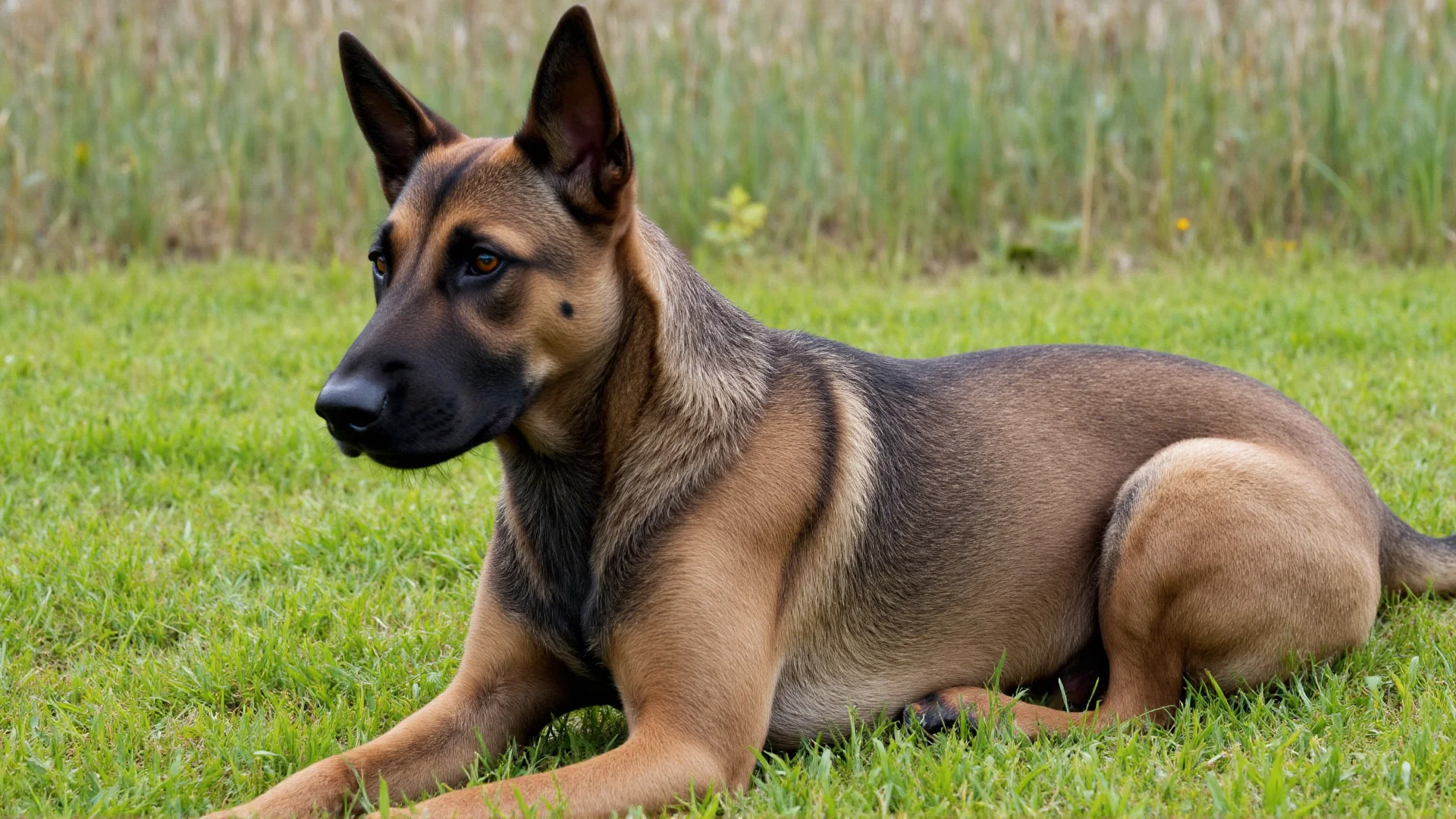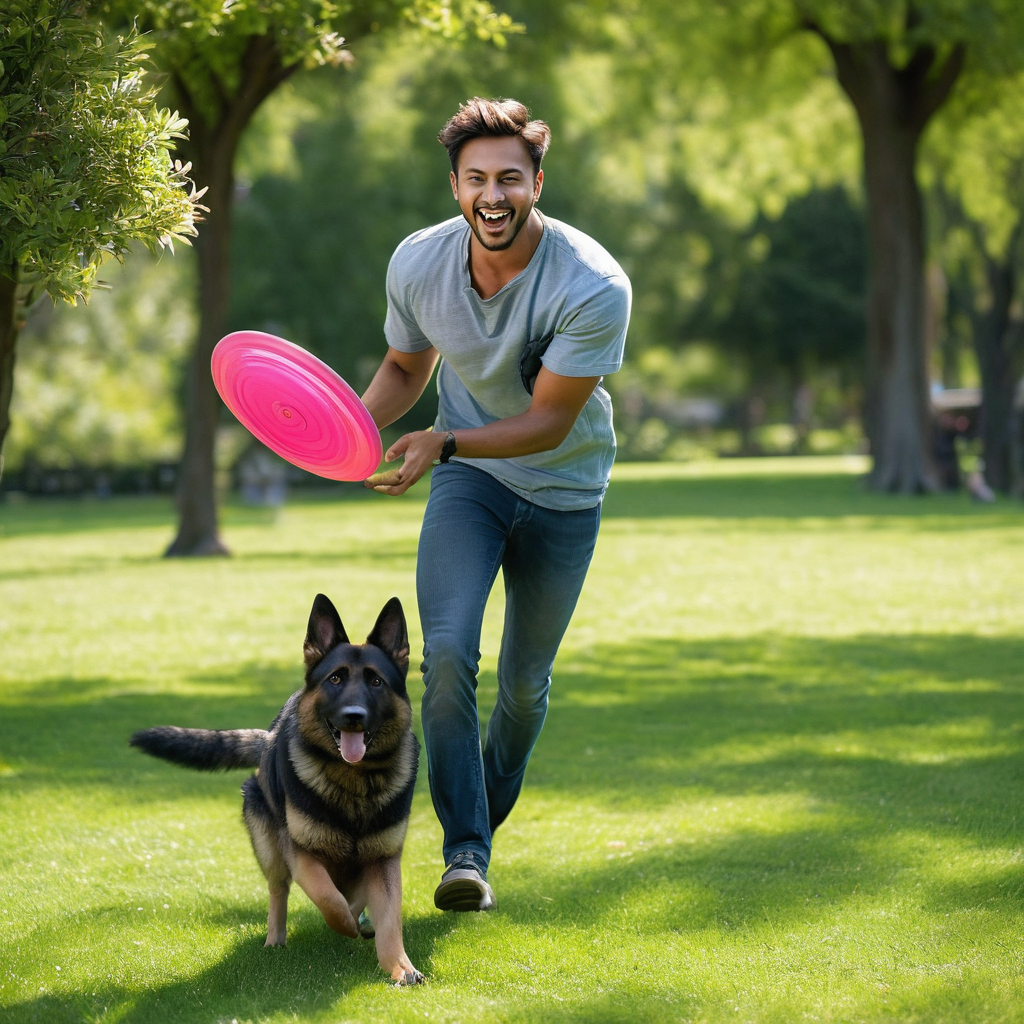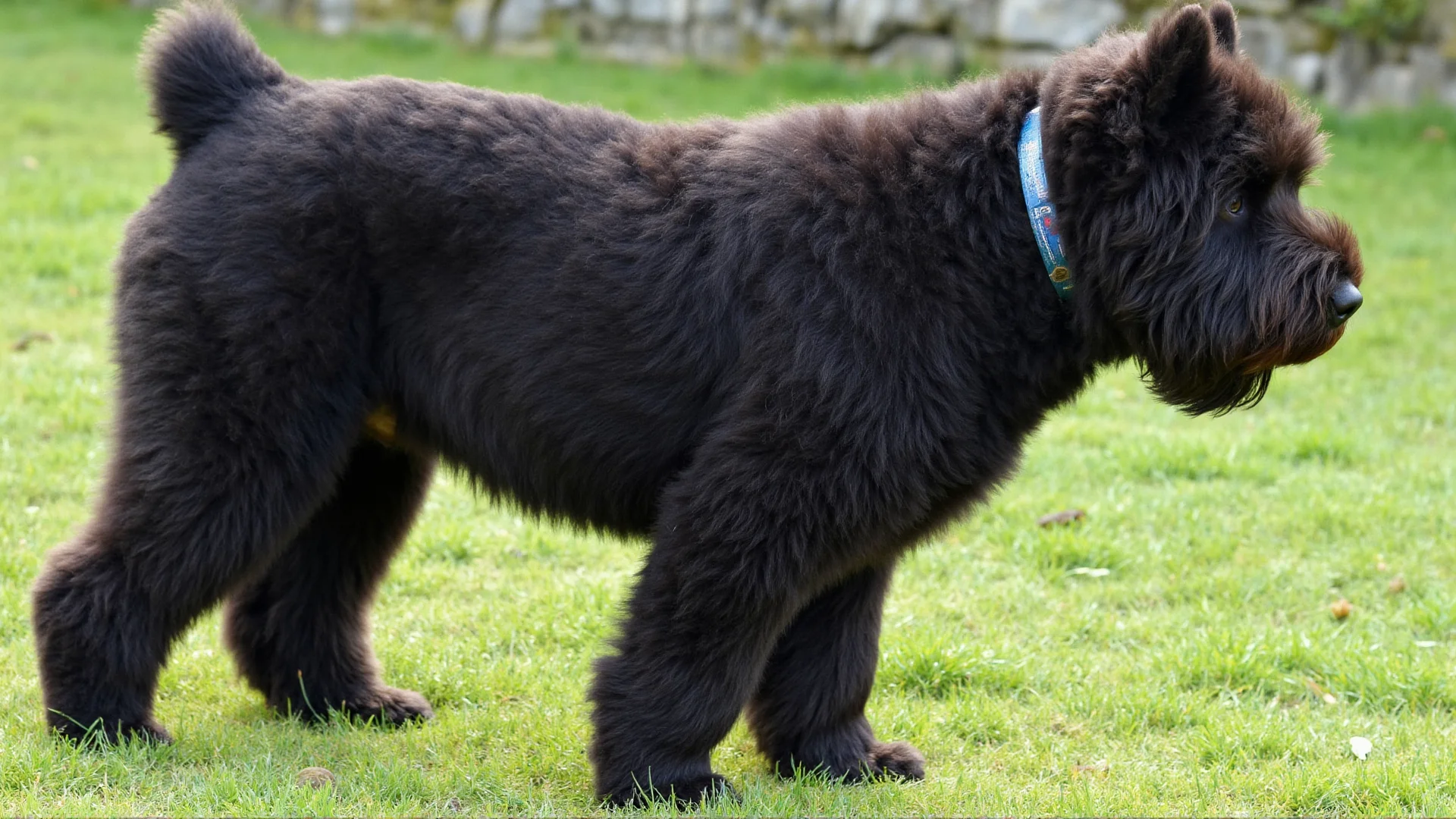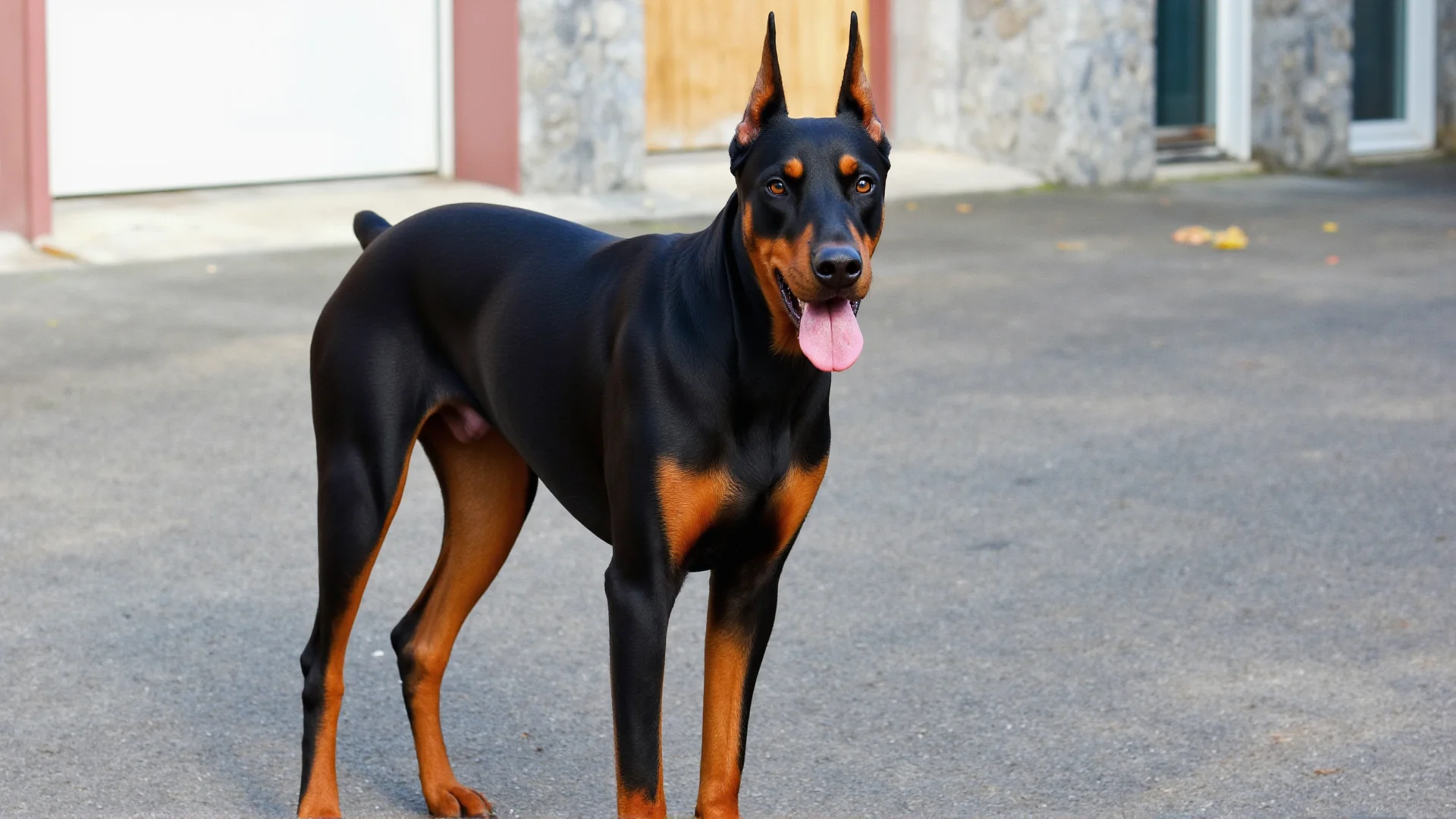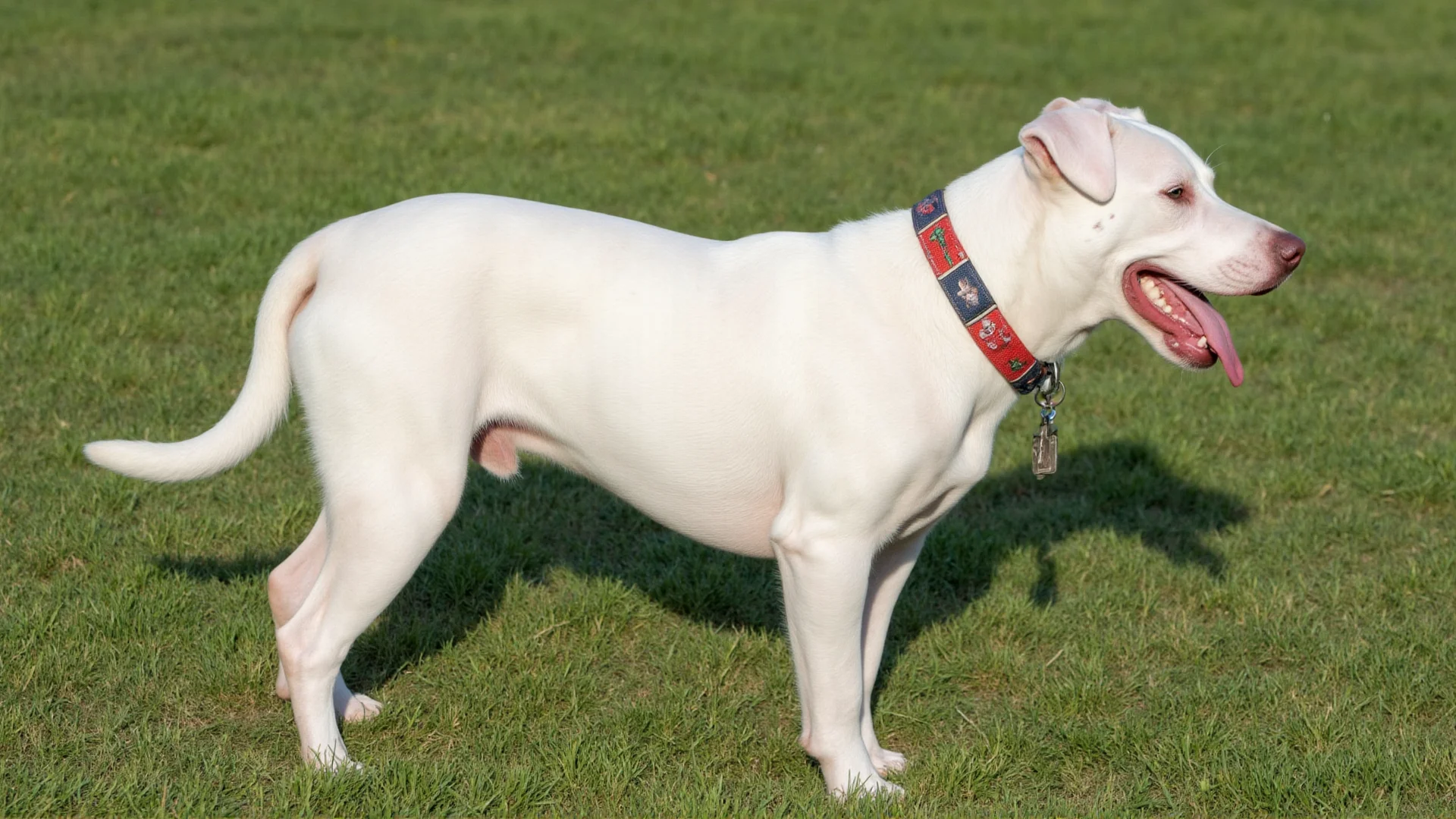German Hunting Terrier: The Ultimate Hunting Companion for Modern Hunters
The German Hunting Terrier, known as Jagdterrier in its homeland, represents the pinnacle of hunting dog breeding. This compact powerhouse combines unwavering determination, exceptional versatility, and fierce loyalty to create the ultimate hunting companion for serious sportsmen.
Origins and Development of the Jagdterrier
The German Hunting Terrier emerged in the 1920s when German hunters sought to create the perfect hunting terrier. Dissatisfied with the declining hunting instincts in traditional Fox Terriers, dedicated breeders like Walter Zangenberg and Rudolf Friess embarked on an ambitious breeding program.
These visionary hunters combined the best traits of Fox Terriers, Welsh Terriers, and Old English Wirehaired Terriers, focusing exclusively on hunting performance rather than appearance. The result was a breed that embodied pure hunting instinct, unwavering courage, and remarkable versatility in the field.
Unlike many breeds developed for show, every aspect of the Jagdterrier's development prioritized functionality. Breeders ruthlessly selected only dogs that demonstrated exceptional hunting ability, creating a gene pool concentrated with the finest hunting traits.
Physical Characteristics Built for Performance
The German Hunting Terrier's compact frame belies its incredible capabilities. Standing 13-16 inches tall and weighing 17-22 pounds, this breed packs tremendous power into a manageable size. Their muscular build provides the strength needed for underground work while maintaining the agility required for above-ground hunting.
Their weather-resistant double coat comes in black and tan or dark brown and tan colorations. The dense undercoat provides insulation during cold weather hunts, while the harsh outer coat repels water and protects against thorns and brambles. This coat requires minimal grooming but provides maximum protection in harsh hunting conditions.
Perhaps most striking are their intense, intelligent eyes that reflect their unwavering focus and determination. These dark, piercing eyes miss nothing in the field and demonstrate the breed's exceptional intelligence and hunting instinct.
Unmatched Hunting Versatility
What sets the German Hunting Terrier apart from other hunting breeds is their remarkable versatility. These dogs excel in multiple hunting disciplines, making them invaluable companions for hunters who pursue various game species.
Underground Hunting Excellence
Originally developed for badger and fox hunting, Jagdterriers demonstrate unparalleled courage in underground work. Their compact size allows them to navigate tight burrows while their tenacious spirit ensures they never back down from formidable quarry. Their distinctive bark helps hunters locate them underground, making them essential partners in traditional European hunting practices.
Blood Trailing Mastery
German Hunting Terriers possess exceptional scenting abilities that make them outstanding blood trailing dogs. Their methodical approach and unwavering determination help hunters recover wounded game, demonstrating their value beyond initial hunting success. Many hunters consider them among the finest trailing dogs available.
Water Work Capabilities
Despite their terrier classification, Jagdterriers excel in water work. Their strong swimming ability and fearless approach to water make them effective waterfowl retrievers. Their compact size allows them to navigate challenging aquatic environments where larger breeds might struggle.
Wild Boar Hunting Prowess
Perhaps most impressively, German Hunting Terriers demonstrate remarkable courage when hunting wild boar. Their speed, agility, and tactical intelligence allow them to bay and hold dangerous game while avoiding injury. This requires exceptional bravery and hunting instinct that few breeds possess.
Training Your German Hunting Terrier
Training a German Hunting Terrier requires understanding their intense hunting drive and independent nature. These dogs possess strong personalities and require consistent, firm guidance from experienced handlers.
Early Socialization Importance
Begin socialization immediately with your Jagdterrier puppy. Expose them to various environments, people, and controlled situations while maintaining focus on their hunting development. Early socialization helps channel their natural intensity appropriately.
Hunting-Specific Training
Start with basic obedience commands that translate directly to hunting situations. Focus on recall training, as these independent-minded dogs may become single-mindedly focused on prey. Introduce scent work early, as their natural trailing instincts benefit from structured development.
Underground training requires specialized equipment and experienced guidance. Many Jagdterrier enthusiasts utilize artificial dens and controlled environments to develop their dogs' underground skills safely and effectively.
Managing Their Prey Drive
German Hunting Terriers possess extremely high prey drives that require careful management. Provide appropriate outlets for their hunting instincts through structured training and exercise. Without proper outlets, these dogs may become destructive or develop behavioral issues.
Health and Care Considerations
German Hunting Terriers generally enjoy robust health, thanks to their functional breeding history. However, responsible ownership requires attention to their specific needs and potential health concerns.
Exercise Requirements
These high-energy dogs require substantial daily exercise beyond typical pet dog needs. Long walks, hiking, and hunting activities help maintain their physical and mental health. Without adequate exercise, Jagdterriers may become destructive or develop behavioral problems.
Nutritional Needs
Active German Hunting Terriers require high-quality nutrition to fuel their intense energy levels. During hunting season, increase their caloric intake to match their increased activity. Monitor their weight carefully, as their compact frame shows weight gain quickly.
Common Health Issues
While generally healthy, German Hunting Terriers may experience hip dysplasia, eye problems, and luxating patella. Regular veterinary checkups and health testing of breeding dogs help maintain the breed's overall health. Their active lifestyle also increases injury risk, requiring vigilant monitoring during hunting activities.
Living with a German Hunting Terrier
German Hunting Terriers make devoted family companions for the right households. However, their intense hunting drive and high energy levels make them unsuitable for casual pet owners.
Family Compatibility
These dogs form strong bonds with their families and demonstrate fierce loyalty. They typically do well with children who understand and respect their nature. However, their prey drive makes them unsuitable for homes with small pets like cats, rabbits, or rodents.
Housing Requirements
German Hunting Terriers thrive in homes with secure, fenced yards where they can exercise safely. Their digging instincts and escape artist tendencies require robust containment. Apartment living is generally unsuitable unless owners can provide extensive daily exercise and mental stimulation.
Mental Stimulation Needs
Beyond physical exercise, Jagdterriers require substantial mental stimulation. Puzzle toys, scent work, and training sessions help keep their intelligent minds occupied. Bored German Hunting Terriers often become destructive or develop problematic behaviors.
Finding and Selecting a German Hunting Terrier
Acquiring a German Hunting Terrier requires careful research and patience. These dogs remain relatively rare outside of serious hunting circles, making finding quality breeders challenging but essential.
Breeder Selection Criteria
Seek breeders who actively hunt their dogs and prioritize hunting ability over appearance. Reputable breeders perform health testing, provide hunting performance records, and demonstrate deep knowledge of the breed's working heritage. Avoid breeders focused primarily on conformation showing.
Evaluating Puppies
Look for confident, curious puppies that demonstrate early prey drive indicators. Quality Jagdterrier puppies should show boldness, intelligence, and strong food drive. Avoid overly aggressive or excessively timid puppies, as these traits may indicate temperament issues.
Cost Considerations
Expect to invest significantly in a quality German Hunting Terrier from proven hunting lines. Initial purchase prices reflect the breed's rarity and the extensive investment breeders make in developing hunting lines. Factor in ongoing costs for training, equipment, and hunting-related expenses.
The Future of German Hunting Terriers
As hunting traditions evolve and urbanization increases, German Hunting Terriers face unique challenges in maintaining their working heritage. However, dedicated hunting communities worldwide continue preserving these exceptional dogs' hunting abilities.
Modern hunting applications continue expanding for Jagdterriers, including wildlife management, pest control, and conservation work. Their versatility and effectiveness ensure continued relevance in contemporary hunting and wildlife management contexts.
Preservation efforts focus on maintaining the breed's working abilities while expanding their geographic distribution. International breeding cooperation helps maintain genetic diversity while preserving the intense hunting drive that defines this remarkable breed.
